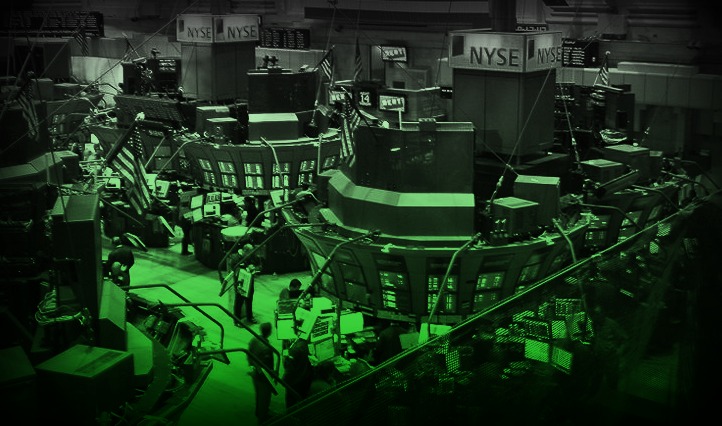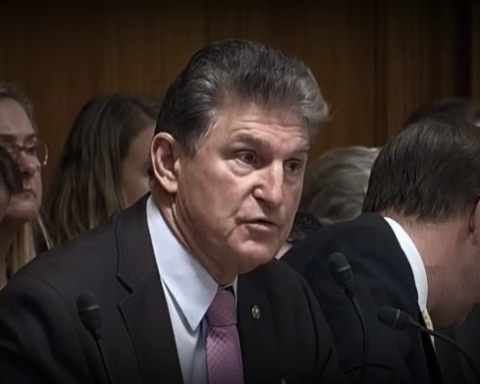Banks look set to be given more freedom by the Trump administration to engage in practices that were previously banned under rules on speculative trading.
Regulatory agencies, led by the Federal Reserve, are set to propose scrapping a key assumption about short-term holdings by depository institutions, according to Bloomberg.
Assets held by banks for less than 60-days will no longer be presumed to be violation of the Volcker Rule, under the change. The new framework will put “the onus on regulators” to prove banks are in compliance with the regulation, Bloomberg reported.
The Volcker rule, named for former Fed Chair Paul Volcker, was first enacted in 2015. It was drafted to stop federally-insured banks from making wagers for pure profit, rather than for clients or bona fide hedging.
Regulators have invoked the Volcker Rule once to penalize a firm. In April 2017, Deutsche Bank was fined $156 million for lacking adequate internal foreign exchange controls under the regulation.
Congress forced federal agencies to create the Volcker Rule in 2010, when it passed the Dodd-Frank financial reform bill.
The legislation was signed into law about two years after the US economy crashed due to risky Wall Street practices–most notably, the proliferation of subprime mortgages and derivatives created to bet on the performance of those shoddy instruments.
The collapse also subsequently revealed that speculation had inflated a major global commodities bubble, as investors scrambled in vain to stem losses from a collapsing US housing market.
In March, the Senate passed legislation that would roll back Dodd-Frank. The bill, which contains notable regulatory relief for some of the largest banks in the country, would exempt depository firms with less than $10 billion from the Volcker Rule.
Last week, House Speaker Paul Ryan (R-Wis.) promised to bring up the Senate-passed bill for a floor vote. According to The Hill, the upper chamber agreed to consider measures passed out of the House, in return for a clean up-or-down vote.
When the Senate approved of the Dodd-Frank roll-back in March, it passed with the support of 16 Democrats, three-quarters of whom cosponsored the legislation.








